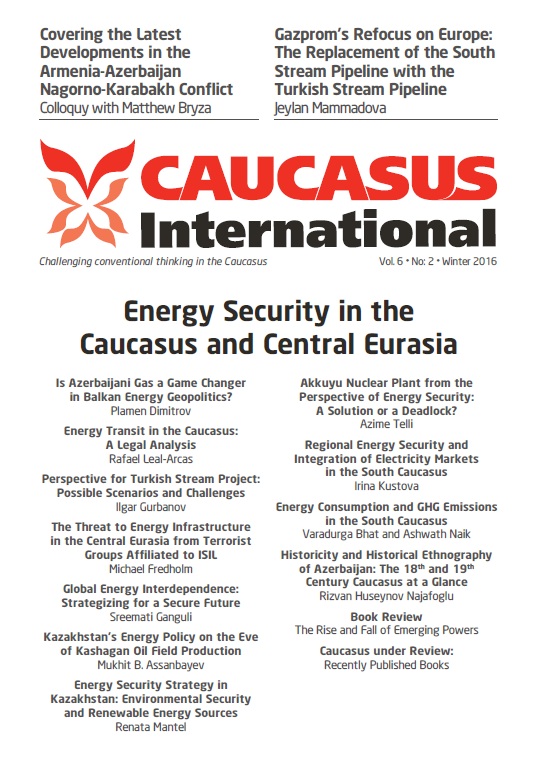Energy Transit in the Caucasus: A Legal Analysis
This article provides an analysis of the commonalities and regional specificities of the intergovernmental agreements (IGAs) and Host Government agreements (HGAs) setting up the Baku-Tbilisi-Ceyhan (BTC) Pipeline and the South Caucasus Pipeline. The paper also assesses the IGA for the Nabucco Pipeline project. It provides a careful examination of the links between the agreements comprising these three pipeline projects and the Energy Charter Model Agreements on Cross-border Pipelines in conjunction with the provisions of the Energy Charter draft Transit Protocol. This article attempts to answer the following questions: To what extent can common principles and regional specificities be derived from the agreements in question? How do the agreements relate to the Energy Charter Model Agreements and the Energy Charter draft Transit Protocol? What recommendations can be made in view of the possible agreement on common principles or rules on Transit and Cross-border energy flows in the Energy Charter context?
Latest news
- 03/17/2020 Call for Submission: “Non-Alignment Movement and Its Perspective in International Affairs”. Deadline: 1 July 2020 2626 views
Popular articles
- 02/24/2020 The Role of Irredentism in Russia’s Foreign Policy 2536 views
- 02/24/2020 Construction of sub-national identity vis-à-vis parent state: Gagauz case in Moldova 2218 views
- 02/24/2020 The Conflict in Ukraine - The Geopolitics of Separatism and Divergent Identities (Commentary) 2073 views
- 02/24/2020 The Role of the Soviet Past in Contemporary Georgia 2044 views





